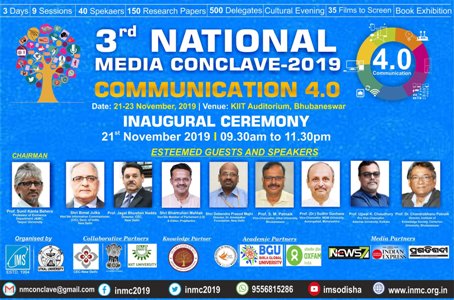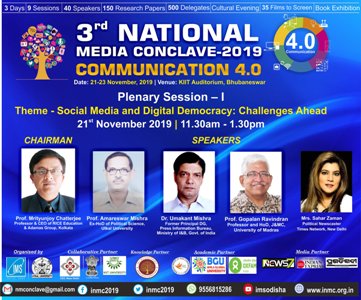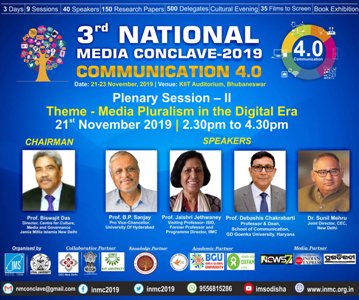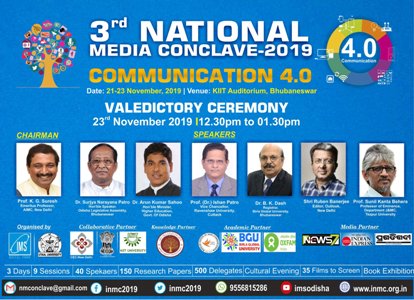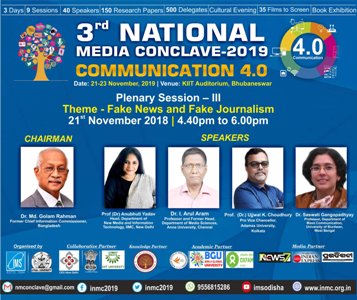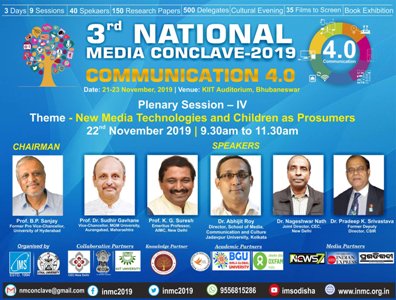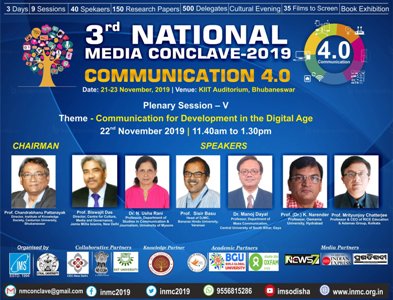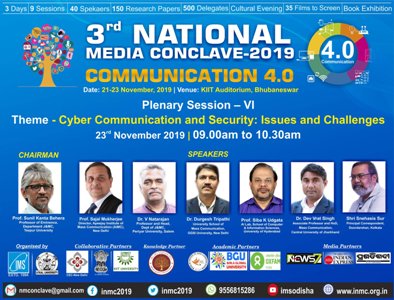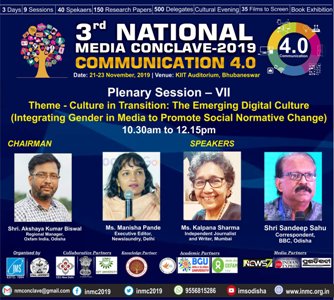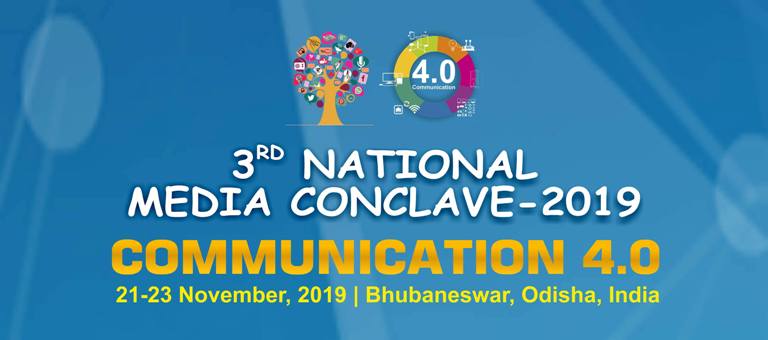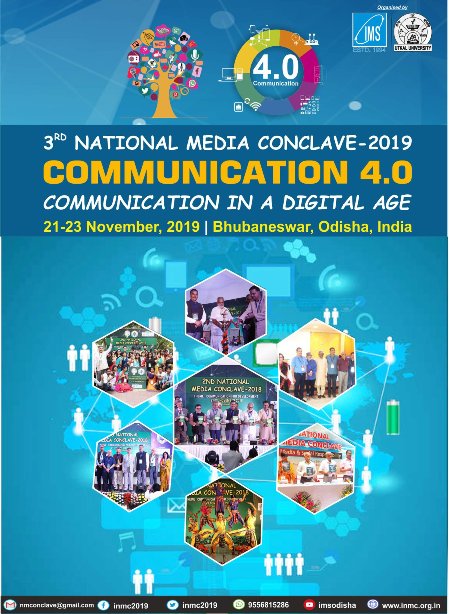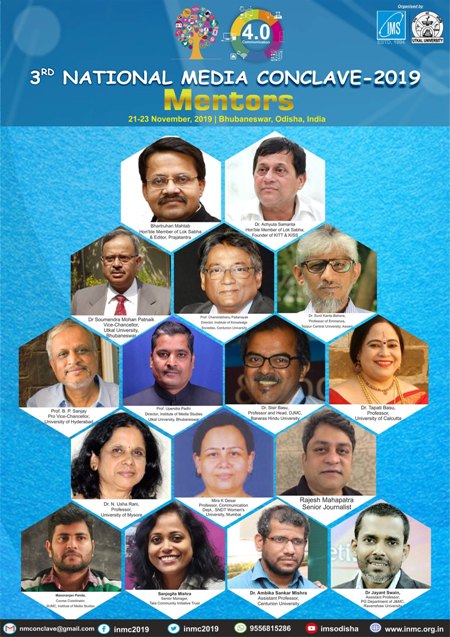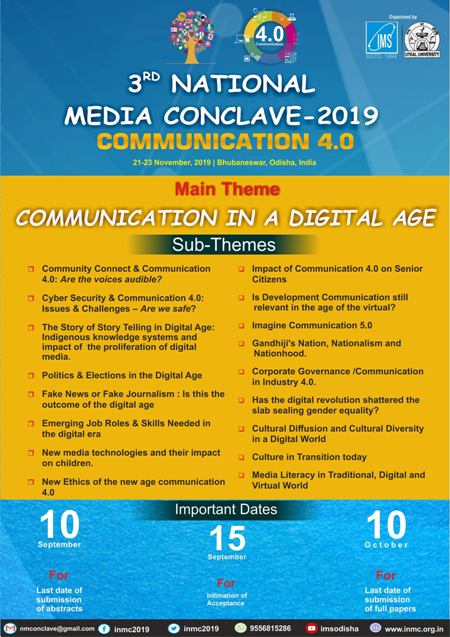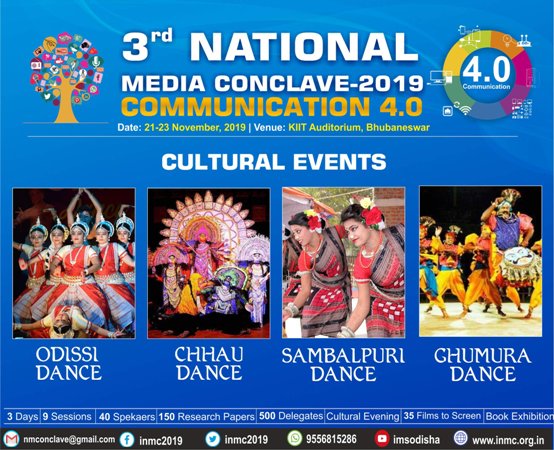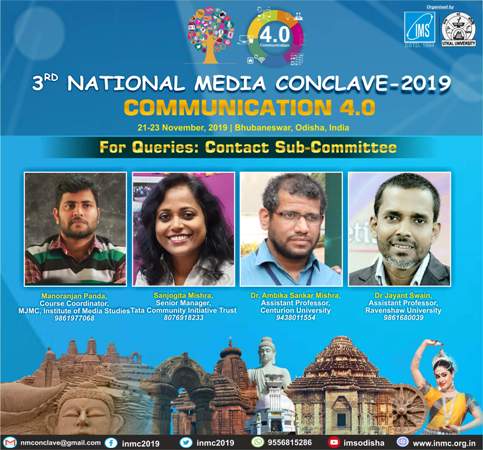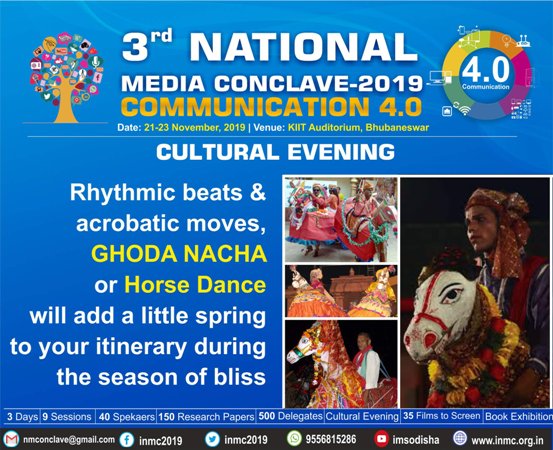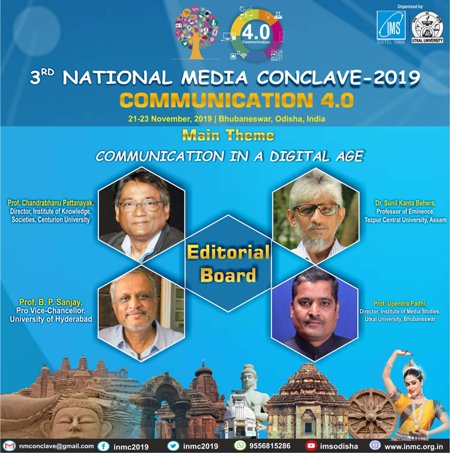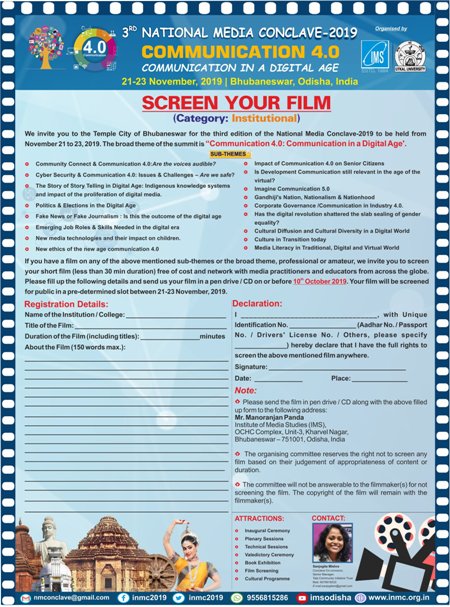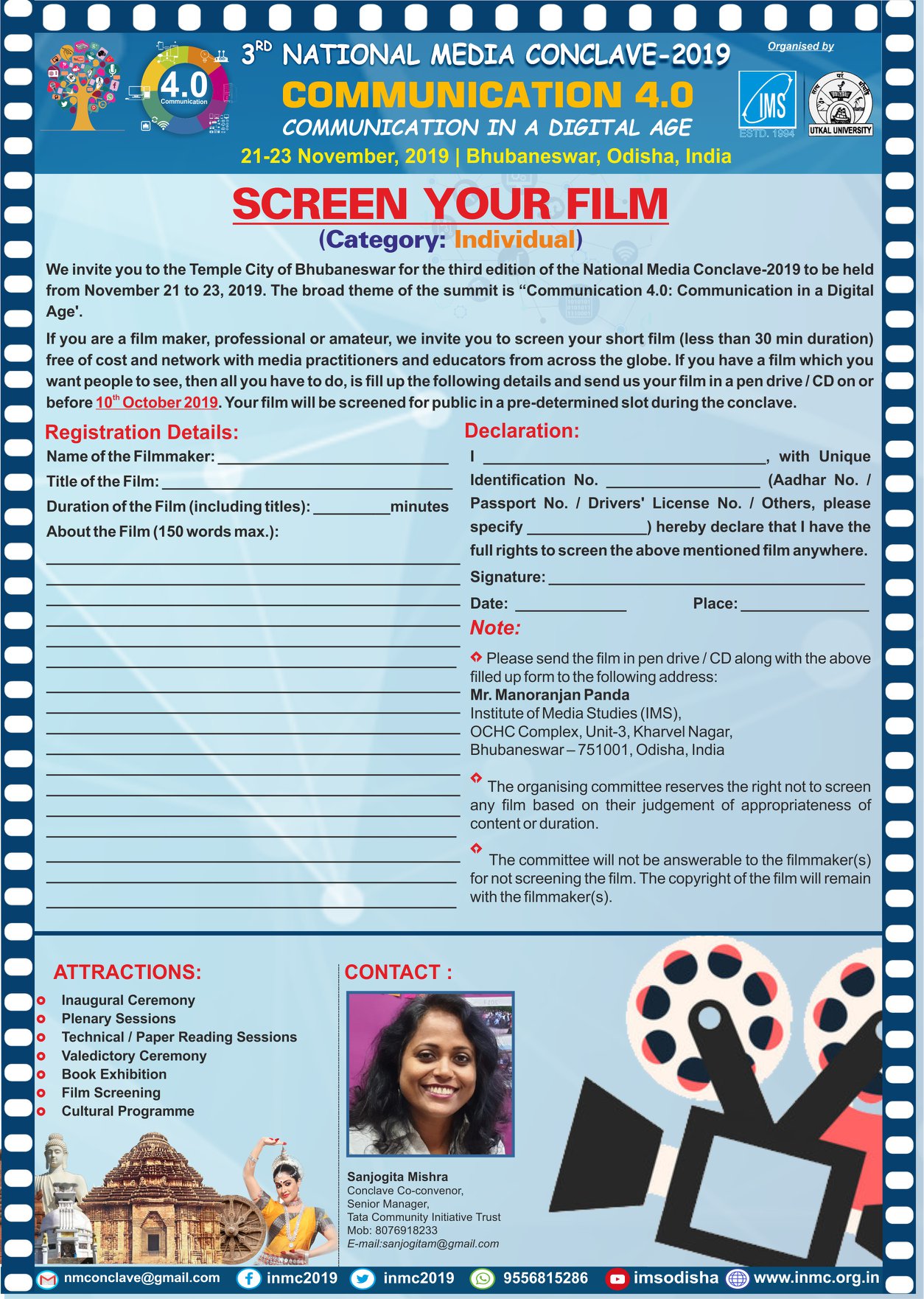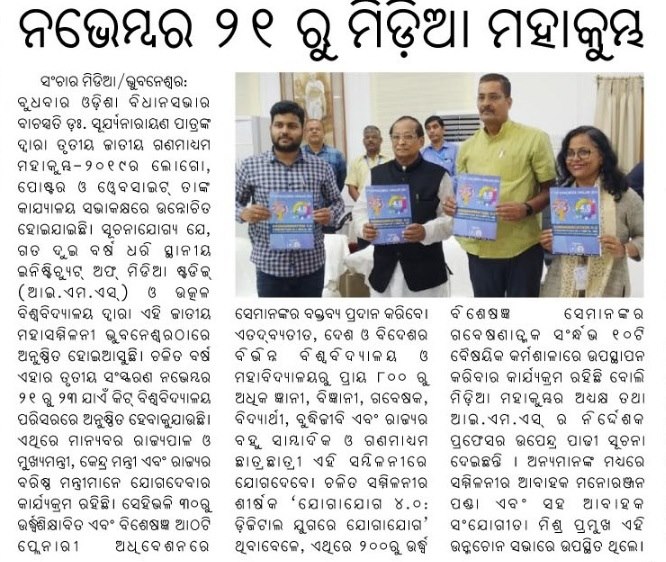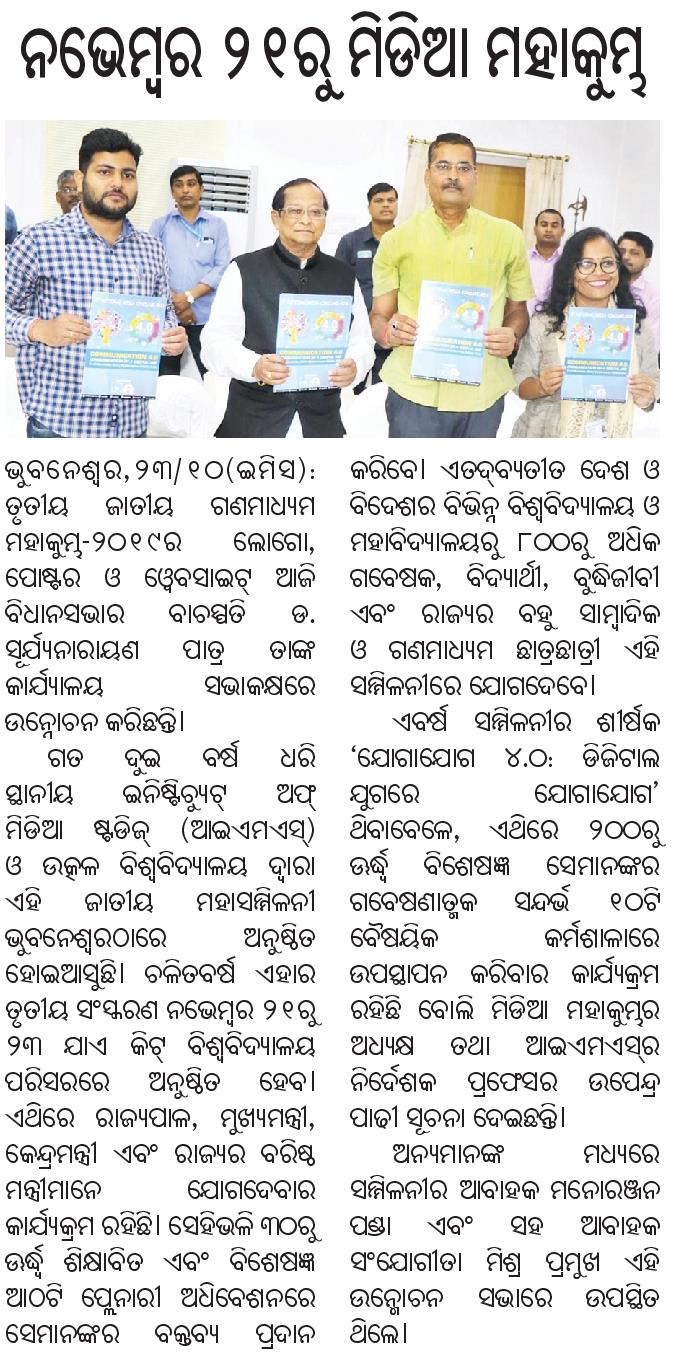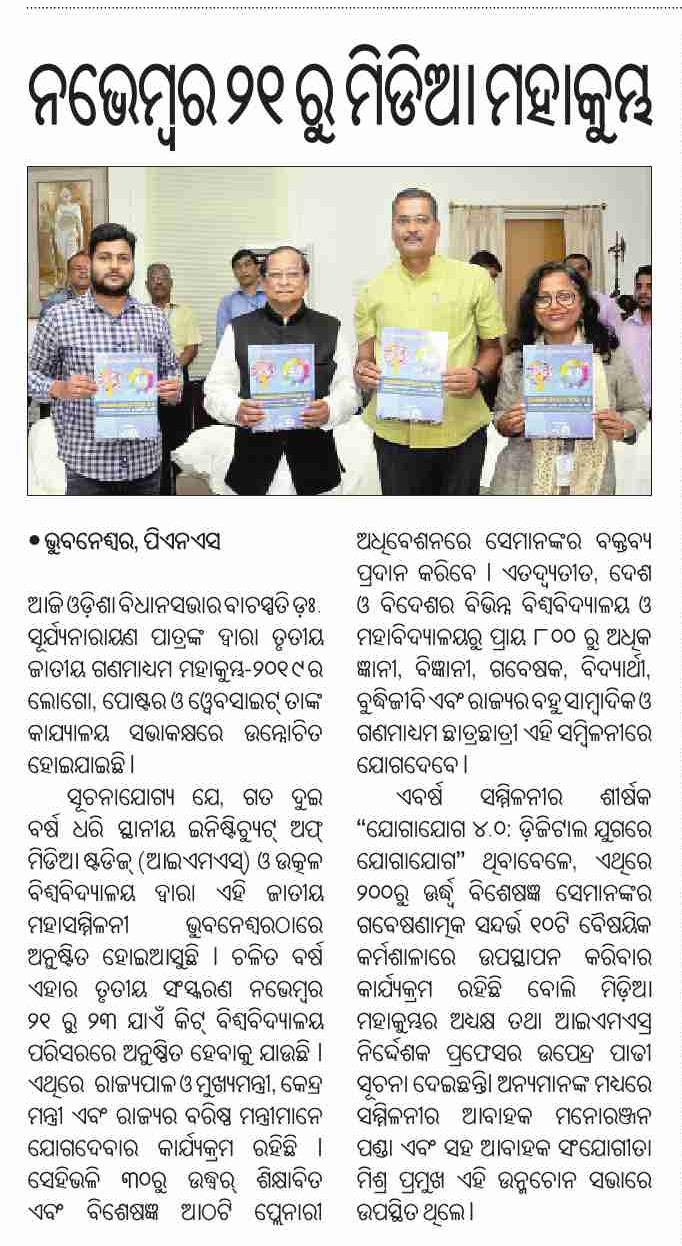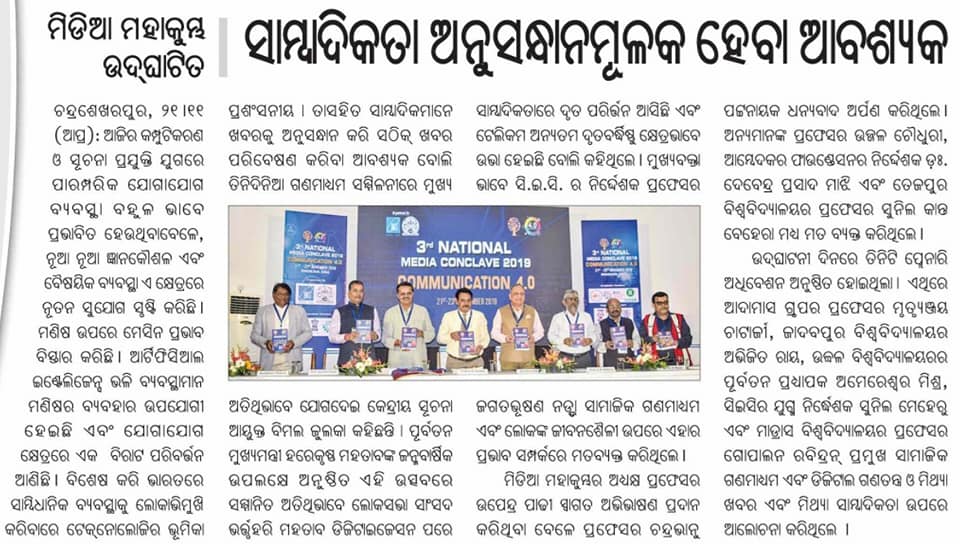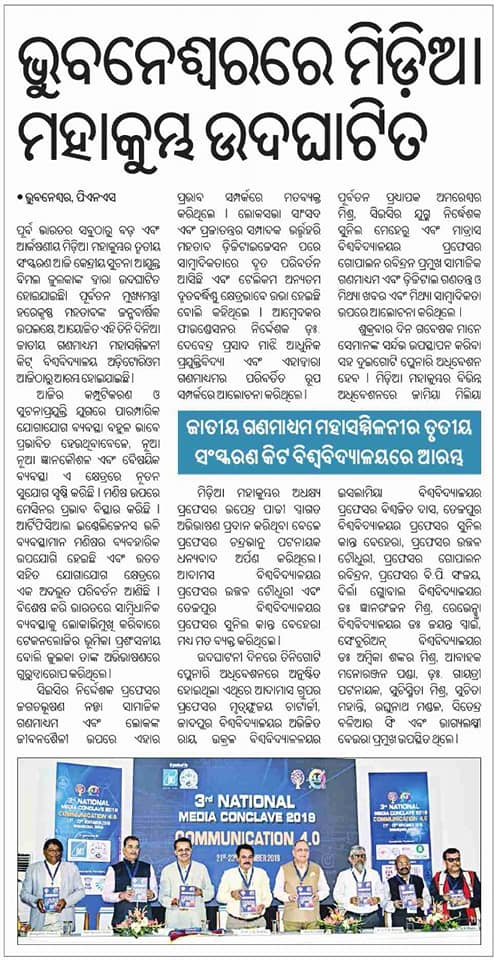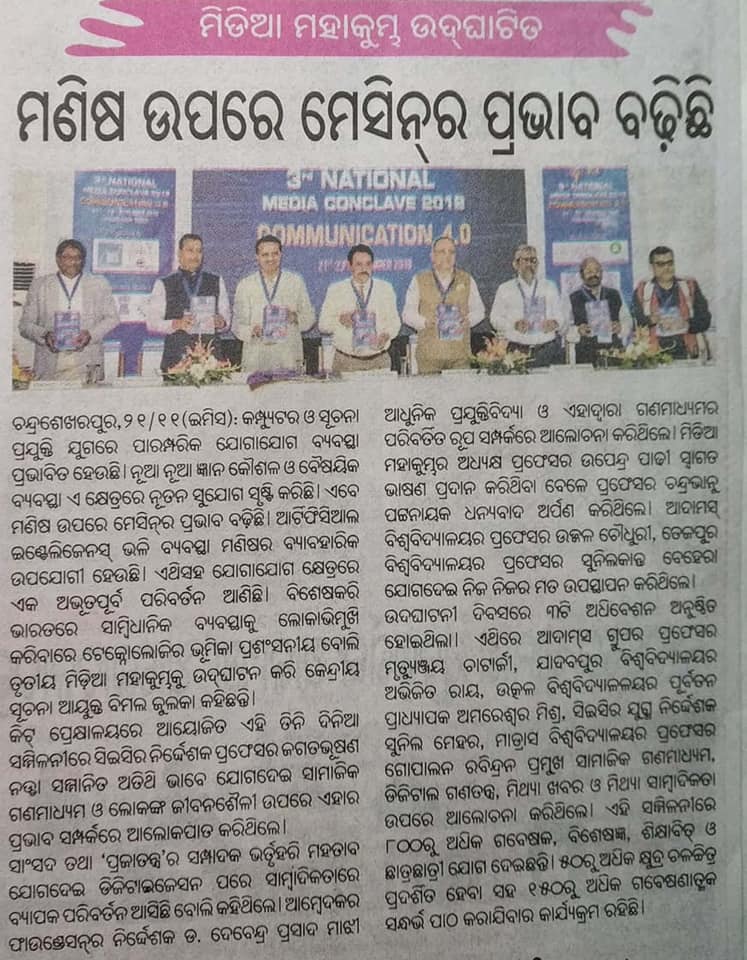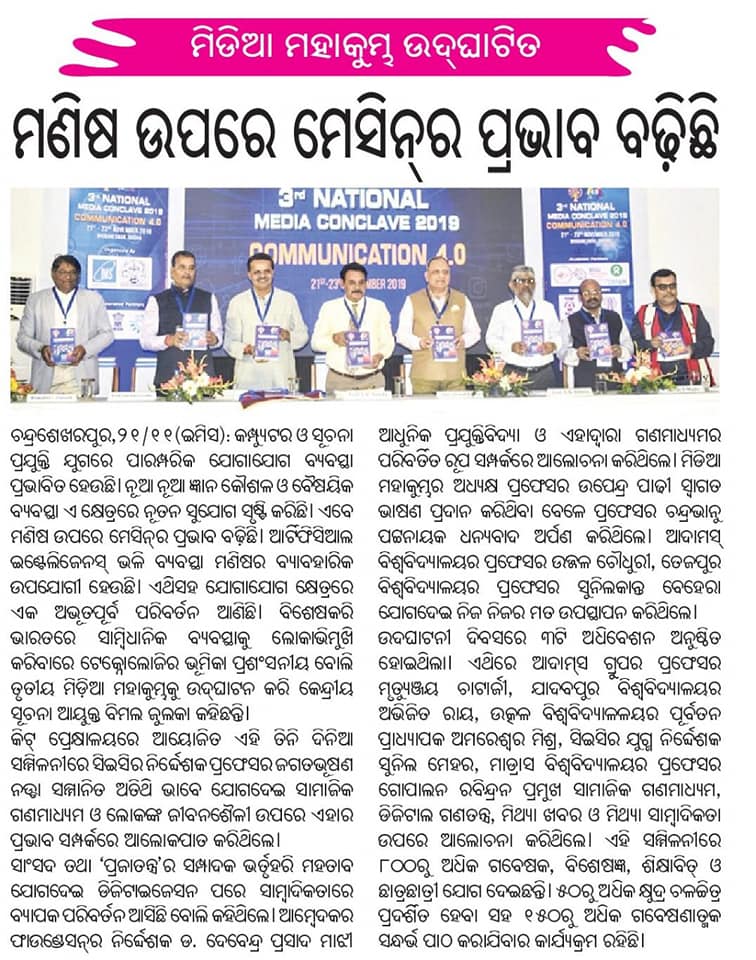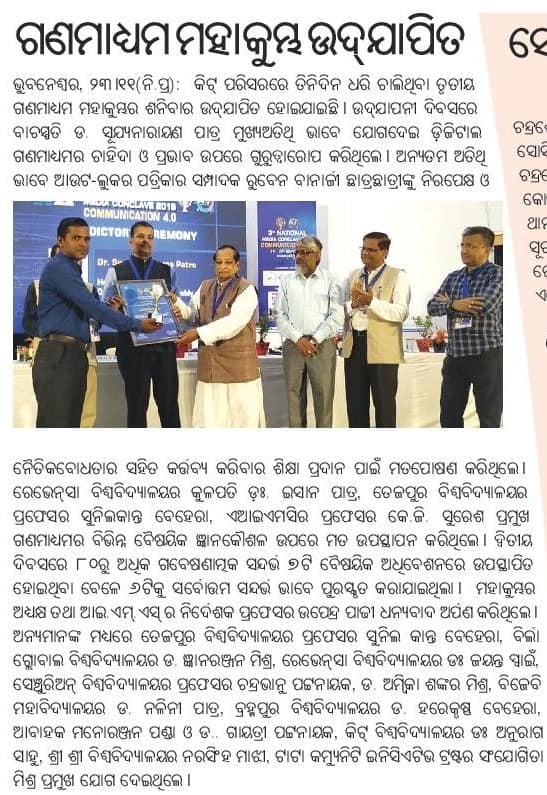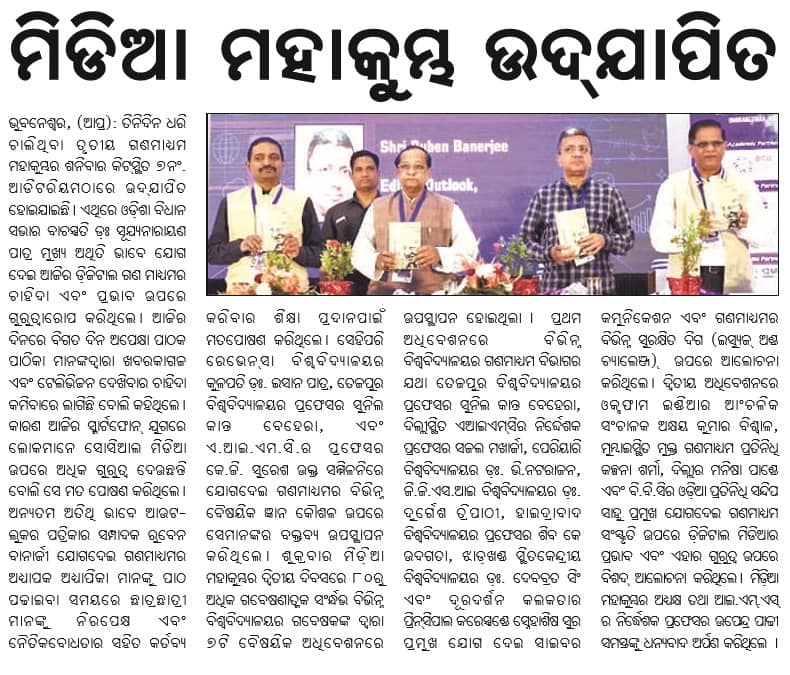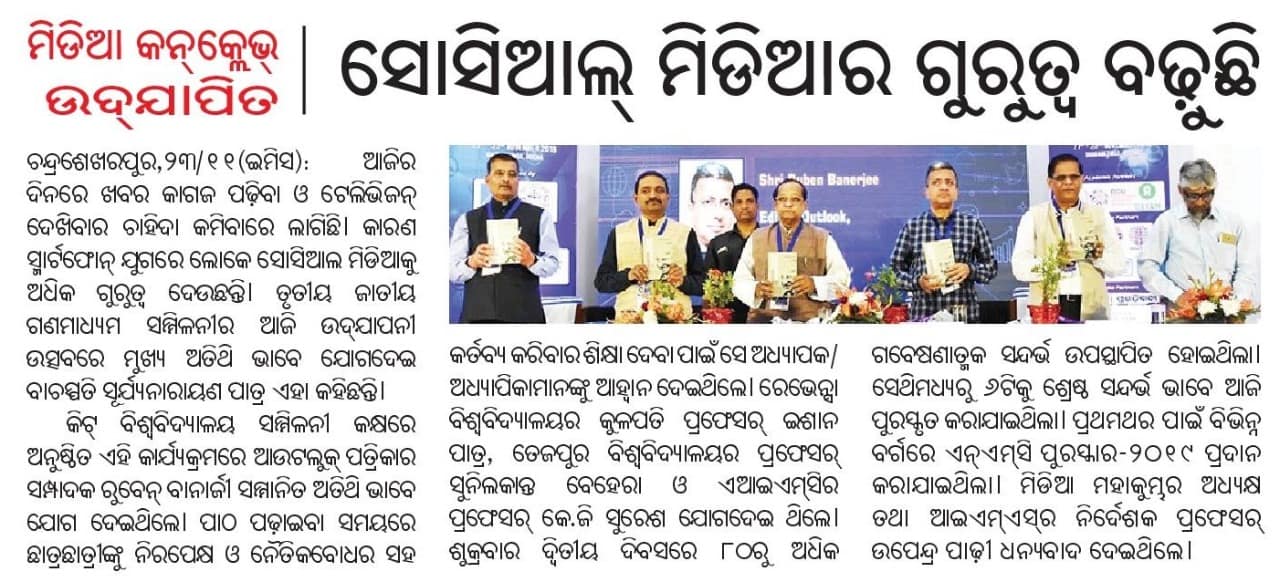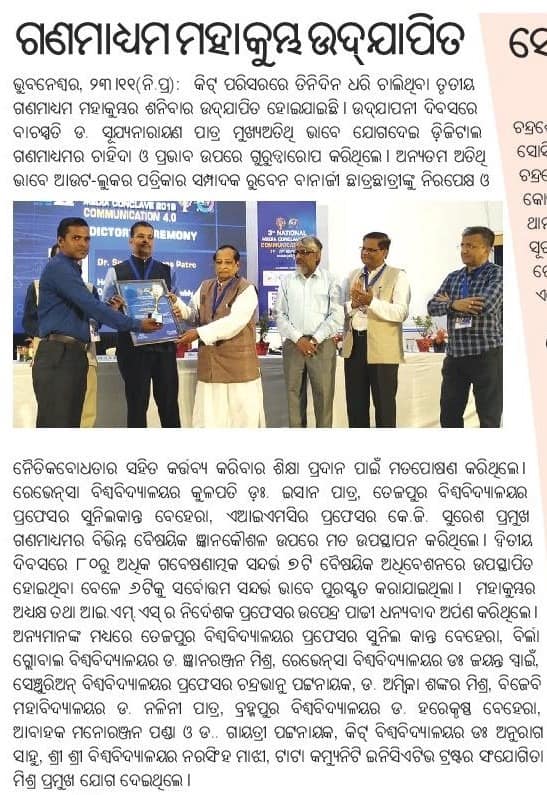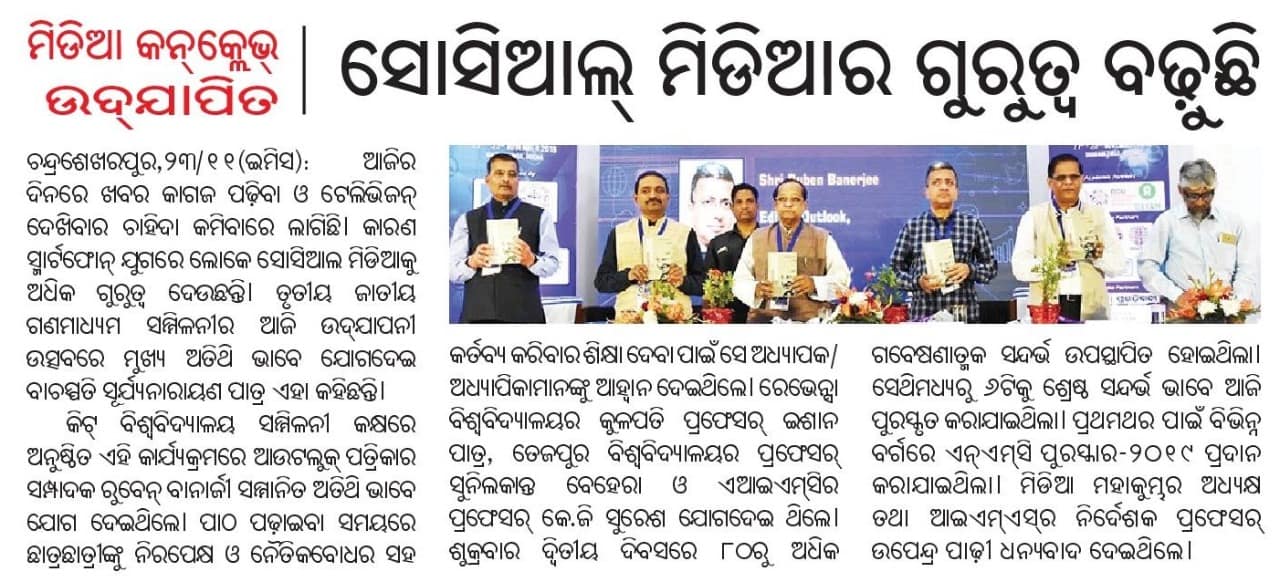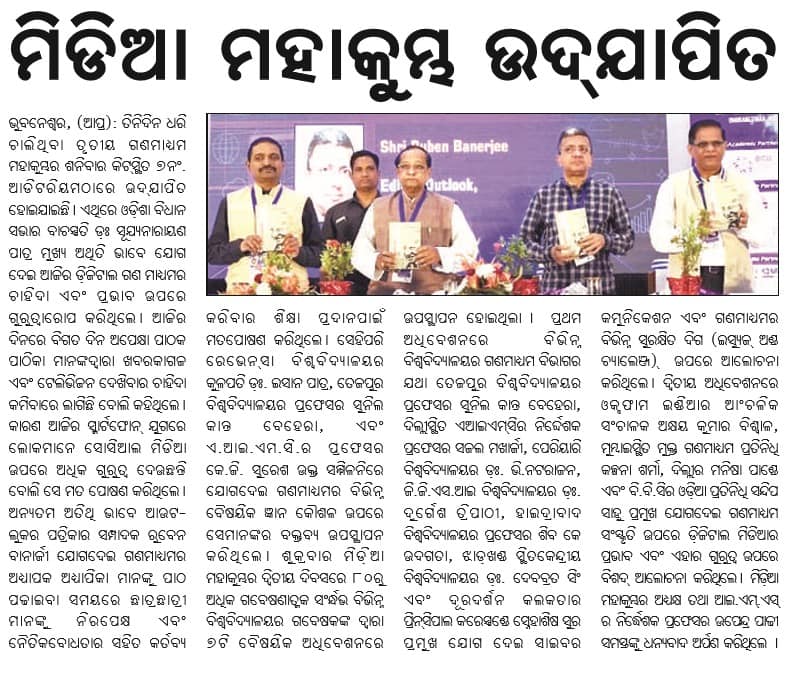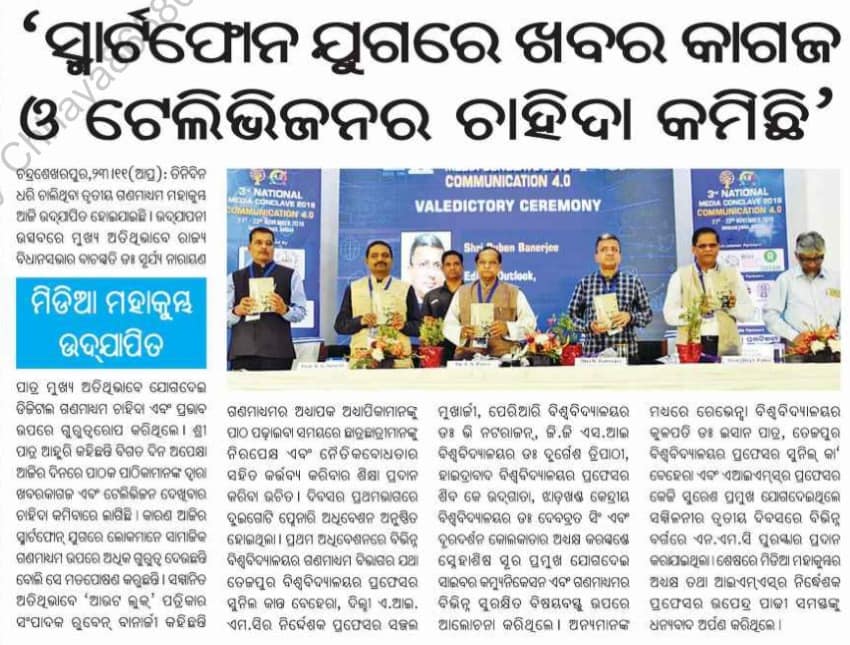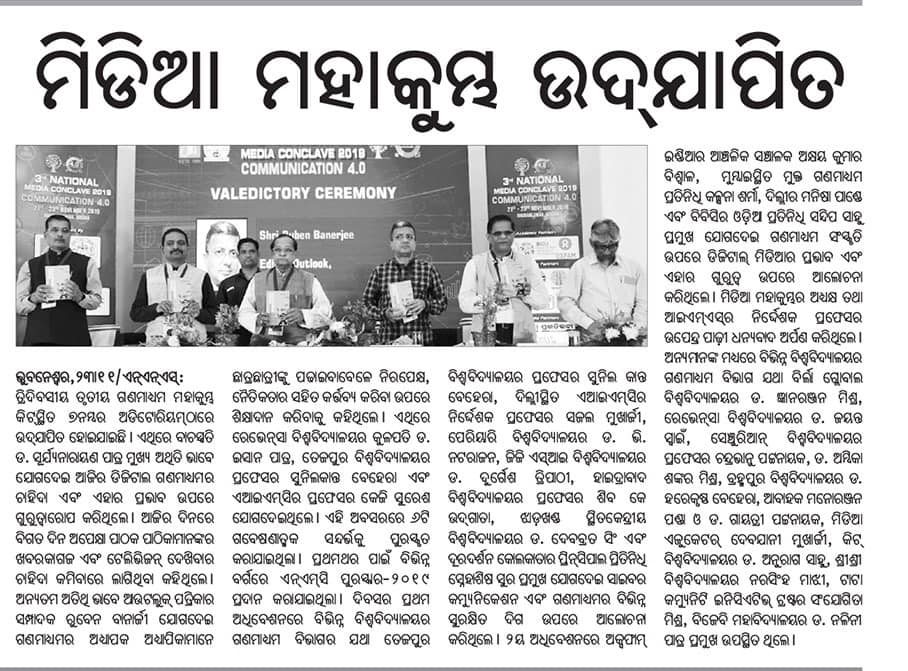About Conclave
The digital age arrives with a set of big communication challenges for traditional mainstream media: new relations with audiences (interactivity), new languages (multimedia) and a new grammar (AI). But this media revolution not only changes the communication landscape for the usual players, most importantly, it opens the communication system to a wide range of new players.
As far as enterprises, institutions, administrations, organizations, groups, families and individuals start their own online presence, they become “media” by their own, they also become “sources” for traditional media, and in many cases, they produce strong “media criticism”: opinion about how issues are covered by legacy media and delivering of alternative coverage.
Blogs and social media represent the ultimate challenge for the old communication system because they integrate both: the new features of the digital world and a wide democratization in the access to media with a universal scope.
In fact, artificial intelligence, long confined to advanced tech projects, is increasingly prevalent in objects as mundane as household appliances and as ubiquitous as smart phones. Several smart phones today have AI capabilities that auto-adjust the camera to capture the best picture, as well as predictive texting and machine-learning, enabled call screening, offering a preview into the coming Fourth Industrial Revolution.
That revolution is well underway and is seeing technological breakthroughs in a wide range of fields, including robotics, artificial intelligence, nanotechnology, the Internet of Things, fifth-generation wireless technologies and additive manufacturing/3D printing, among many others.
As the First Industrial Revolution used steam power to replace people in manufacturing, the Second replaced steam power with electric power, allowing for mass production. The Third utilized electronics and information technology to automate production. This so-called Fourth Industrial Revolution will combine aspects of each of these previous revolutions by blurring the lines between the physical, digital and biological spheres.
The result is a transformation of technological speed, impact, adoption and relevance that has no historical precedent.
The Fourth Industrial Revolution’s exponential pace is not only disrupting nearly every industry globally, but also fundamentally transforming entire systems of production, management and governance.
Artificial Intelligence, Virtual/ Augmented /Mixed and Hyper Realities, 3/4/5/6/7D, Man-Machine interface are no longer figments of the imagination of Science Fiction writers. They are here and rapidly becoming available for daily use.
The question, therefore is, what happens to human communication as we know it? Is Humanity disappearing for good? Is this a fair price to pay for technological advancement? How is it affecting Language, Knowledge and Society at large?
These are some of the questions this conference will explore.
OBJECTIVES:
Inviting media educators to provide them the platform to discuss Communication 4.0 and its impact.
Mainstream media professionals and communication experts to prepare inclusive roadmap to carry out the programme at the grassroots level.
To discuss the impact of communication 4.0 on human communication.
-
To analyse digital communication’s role in language, knowledge and society.
-
To identify communication challenges for traditional mainstream media & solutions.
Explore new technologies and best practices for development.
-
OUTCOMES:
Inclusion of communication for development and Communication 4.0 as subjects in universities and other academic institutions as integral part of course curriculum.
-
Media will be sensitised on the importance and impact of Communication 4.0 and communication in the progress of India.
-
Increase in participatory processes that actively engage the poorest groups and accelerate effective responses to development challenges.
-
Increased participation of media in development decisions, debates and decision-making processes.
Communication 4.0: Communication in Digital Age
SUB-THEMES
- Community Connect & Communication 4.0: Are the voices audible?
- Cyber Security & Communication 4.0: Issues & Challenges – Are we safe?
- 3. The Story of Story Telling in Digital Age: Indigenous knowledge systems and impact of the proliferation of digital media.
- Politics & Elections in the Digital Age.
- Fake News or Fake Journalism : Is this the outcome of the digital age.
- Emerging Job Roles & Skills Needed in the digital era./li>
- New media technologies and their impact on children.
- New Ethics of the new age communication 4.0
- Impact of Communication 4.0 on Senior Citizens.
- Is Development Communication still relevant in the age of the virtual?
- Imagine Communication 5.0
- Gandhiji's Nation, Nationalism and Nationhood.
- Corporate Governance /Communication in Industry 4.0.
- Has the digital revolution shattered the slab sealing gender equality?
- Cultural Diffusion and Cultural Diversity in a Digital World
- Culture in Transition today

